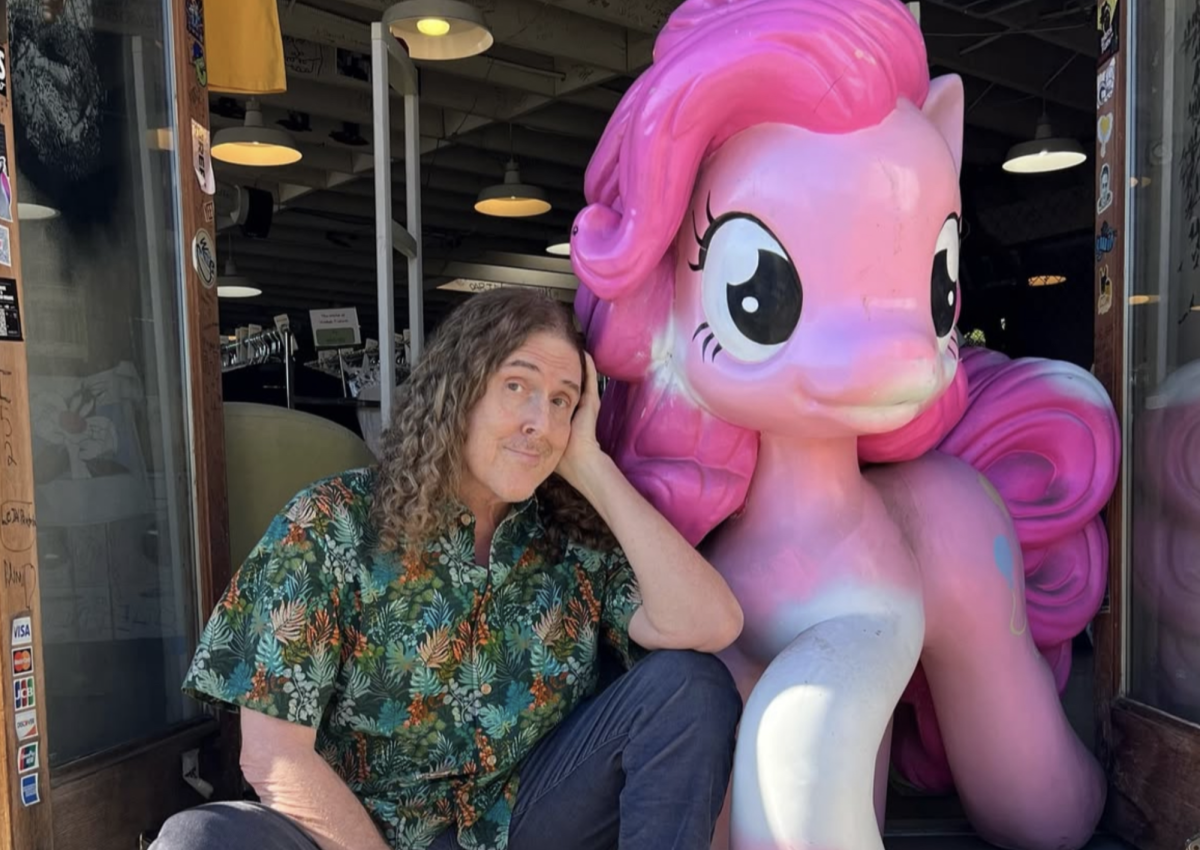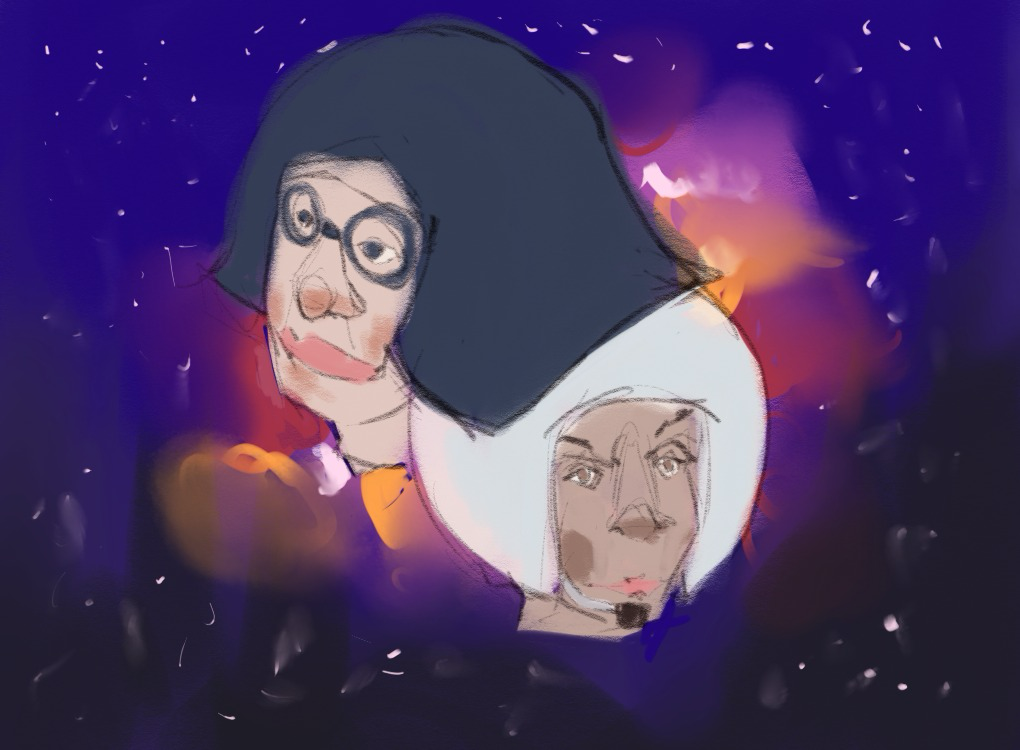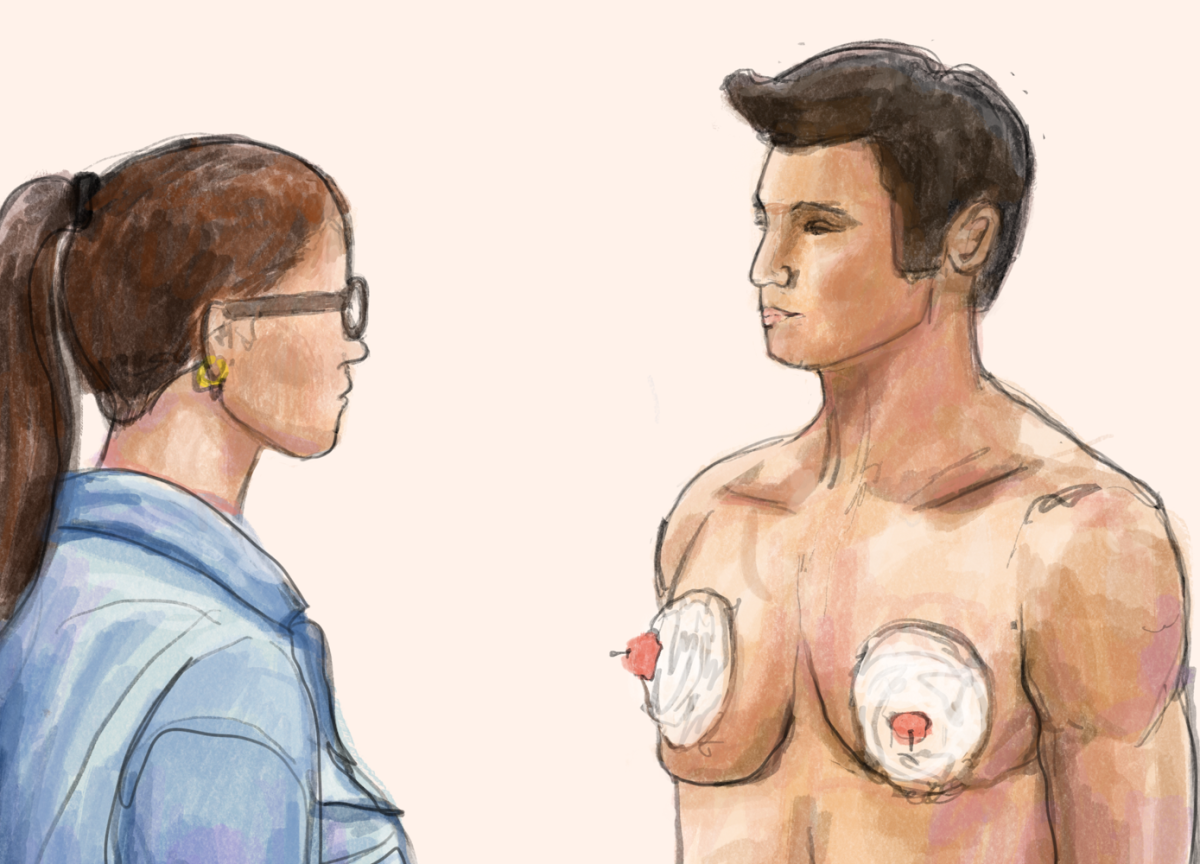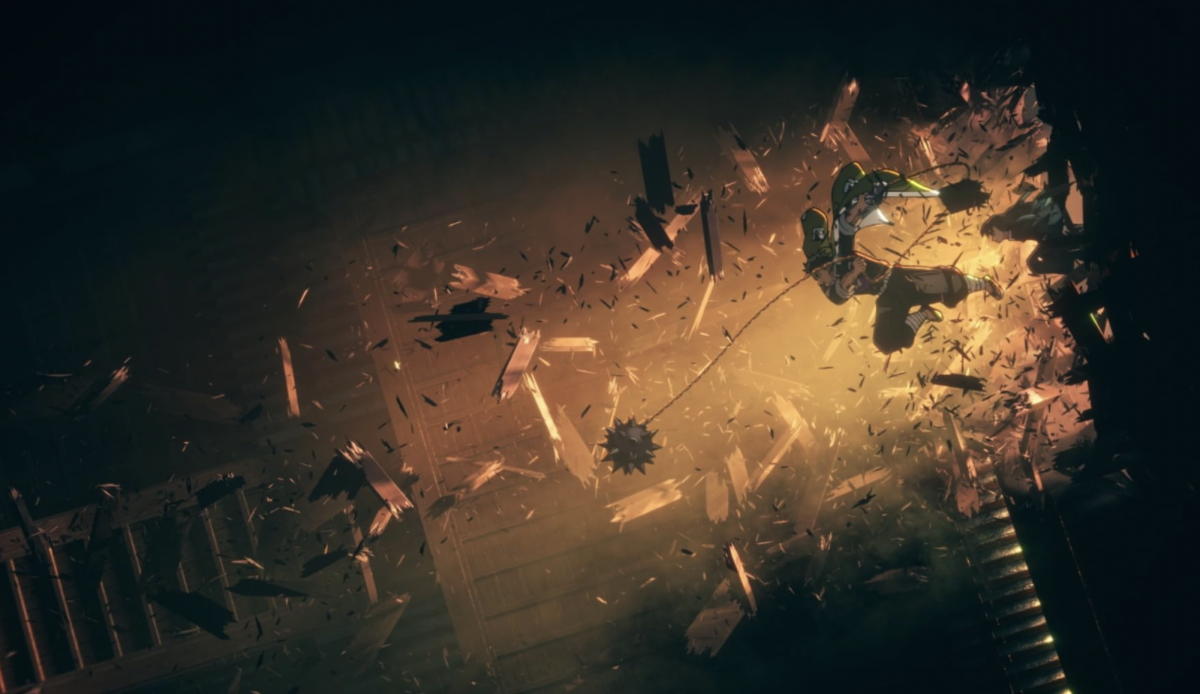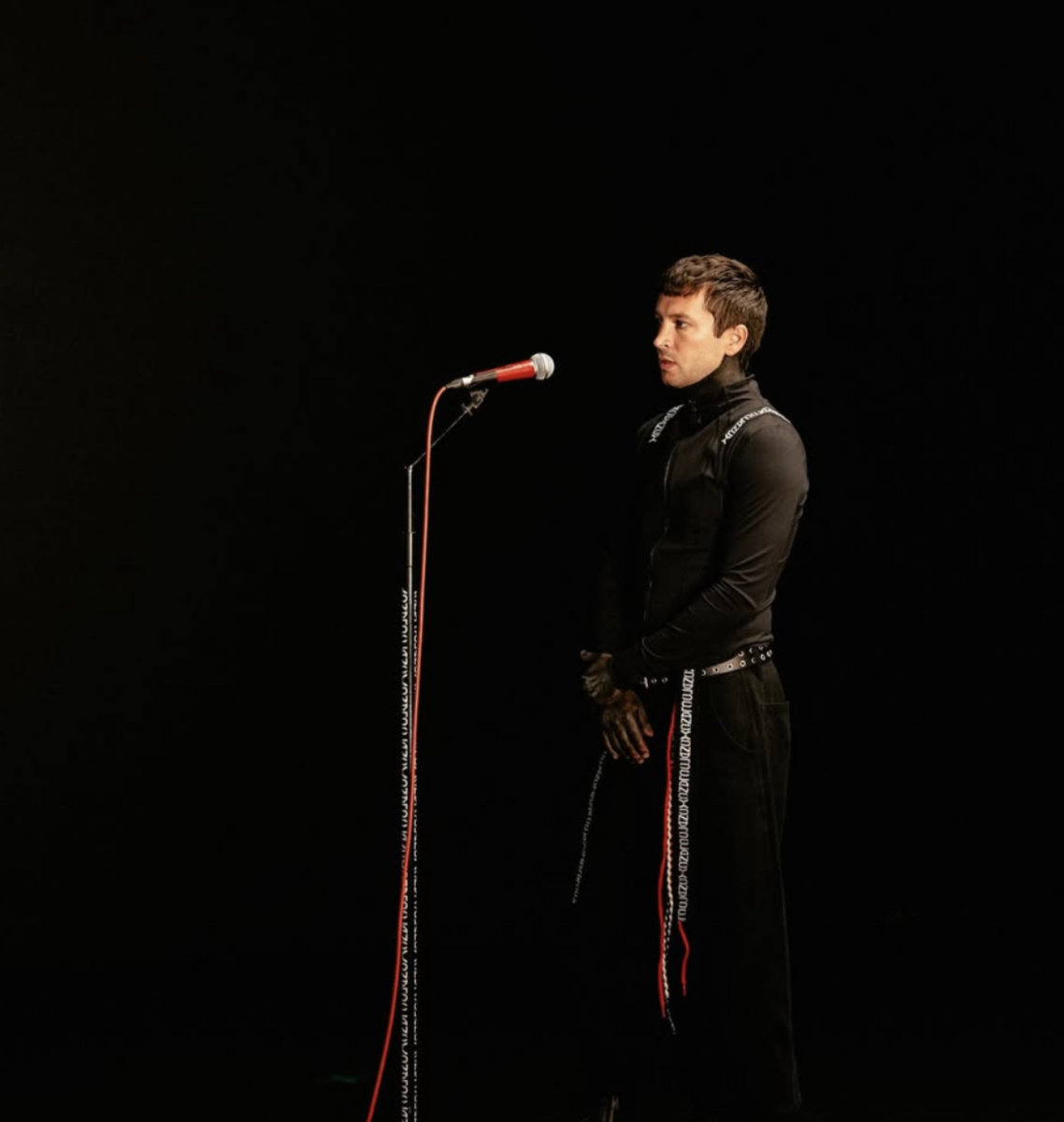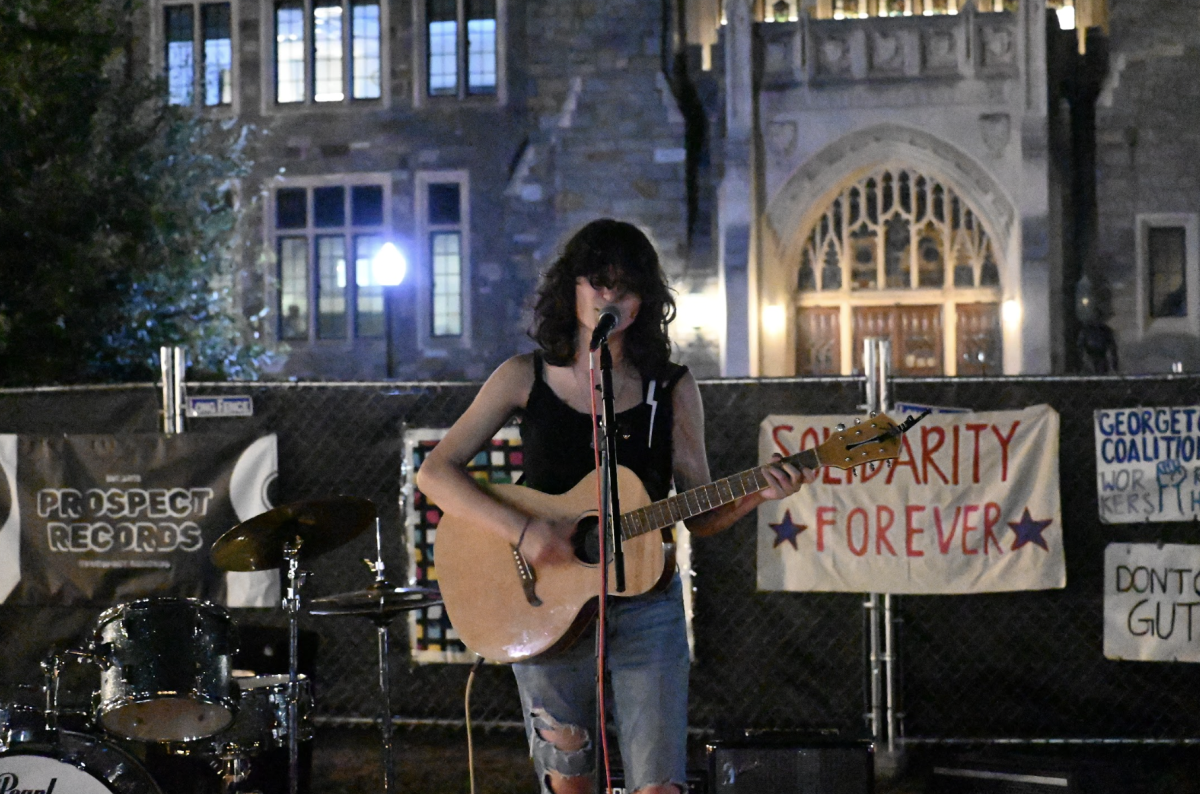
When the lights came on after my screening of “Sinners,” I immediately turned to my friend who came with me and we locked eyes. I was speechless. I knew I needed to say something to acknowledge the pure cinema we just watched. I picked my jaw up off the floor and said the only thing I could think of: “Hell yeah.”
Speaking of things coming to an end, “Sinners” is my final review for The Hoya. I have greatly enjoyed my time working with such amazing people. Reviewing films is something I have done for the last six years, and this has been my favorite way to express my love for cinema. Before I start collecting my Social Security checks and head to the old folks’ home (graduation), I would like to express my deepest gratitude to anyone who has read, liked or commented on any of my reviews. I would like to thank Evie Steele (SFS ’26) for an amazing job as editor-in-chief, as well as Jasmine Criqui (CAS ’26), Bethe Bogrette (SFS ’27), Caroline Woodward (CAS ’27), William McCall (CAS ’25) and Amber Cherry (CAS ’26) for being such wonderful people and being great senior editors to work under. I love The Hoya, I love The Guide and I am deeply grateful for all the memories and look forward to reading the paper in the coming years.
Back to the film. Taking place in the 1930s American South, the film follows identical twins Smoke and Stack, both portrayed by Michael B. Jordan, after they have returned from a yearslong stint working for infamous crime boss Al Capone in Chicago. The twins decide that with the money they made, they want to start their own juke joint (essentially a nightclub) only for Black people, giving the oppressed sharecroppers of the area a place to express themselves. It all goes south when, on its opening night, the juke joint gets attacked by vampires and our heroes put it all on the line to try and survive.
This movie absolutely rocks. It has the blood-filled vengeance, pacing and energy of Quentin Tarantino’s “Inglourious Basterds,” the whodunit-infused monster film elements of John Carpenter’s “The Thing” and the same thematic undercurrents as Jordan Peele’s “Get Out,” discussing systemic and historical racism in the United States. However, even with these clear influences, director Ryan Coogler delivers the film’s themes in his own distinct style.
One of my favorite things about this film is that it takes half the movie to get to the horror. The first half takes its time building the stakes and exploring its cast of characters. We intimately understand the characters’ histories, how those histories overlap and their motivations, shortcomings and strengths. This means that, when things take a turn for the worse, the audience has a firm grasp of what is at stake for each of the characters. The movie doesn’t shy away from showing the characters’ faults, expertly portraying them as flawed yet human.
Building upon this strong foundation, the film’s performances are phenomenal. Jordan turns in another stellar performance playing both Smoke and Stack — one of the best performances of his career, I’d argue. Wunmi Mosaku shines as Annie and Hailee Steinfeld is truly on top of her game portraying Mary. There are no weak performances from anyone, a testament to Coogler’s masterful direction
Visually, the film is gorgeous. The color grading, in particular, fits the film’s tone perfectly, a distinct orange tint that feels like a nod to Spike Lee’s “Do The Right Thing.” The action is tight and believable, leaning into the gore elements of a classic slasher film. The CGI is brilliant, seamlessly showing both of Jordan’s characters on screen at the same time. The pacing of the movie is perfect, with not a second wasted in its 137-minute runtime.
Thematically, “Sinners” is bursting at the seams, weaving together a powerful and multi-layered narrative that delves deep into systemic racism within the United States. The film doesn’t shy away from exposing the entrenched inequalities that continue to shape Black lives today. At its core, it serves as a poignant and urgent critique of how institutions have long profited from Black labor while denying Black creators control over their own stories. More than just a condemnation, “Sinners” functions as a rallying cry for the necessity of Black ownership — not only over creative work, but over identity, history and future. It’s a film that demands to be heard.
This is Coogler’s masterpiece. When we look back at 2020s cinema, I am certain we will be holding “Sinners” in the same regard as films like “Oppenheimer,” “Spiderman: Across the Spider-Verse” and the “Dune” films. Go see this movie while it’s in theaters, preferably in IMAX, and for God’s sake, do not leave the theater until you see the post-credit scene. I am so glad that this is the last film I get to review for The Hoya.




